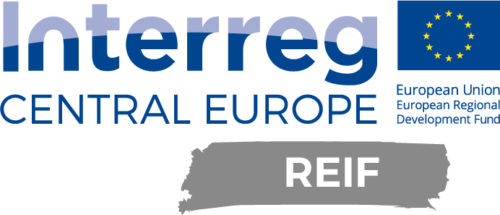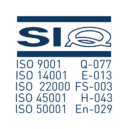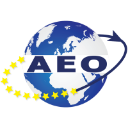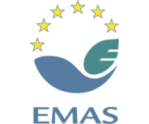The REIF project was approved under 3rd Call of Interreg Central Europe Programme in 2018, with specific objective: “To improve coordination among freight transport stakeholders for increasing mulitmodal environmentally-friendly freight solutions”.
REIF aims at increasing the modal share of rail freight transport through mitigation measures for the regional rail feeder system. REIF is tackling relevant challenges related to lacking connectivity at regional level. In this purpose, REIF is developing and applying tools to analyze regional potentials for rail freight transport, identifying infrastructural bottlenecks, and effective measures for either preserving vulnerable connections or even redeveloping closed tracks. Pilot actions will test novel approaches to overcome different discontinuities of the regional rail network in the participating regions. Regional action plans defining priorities and potential policy measures will be prepared. Regional capacity building workshops will allow a pool of regional administrations’ staff to gain knowledge and share best practices. Project activities aim to concretely change the current situation by establishing regional policy instruments and permanent coordination mechanisms among public and private market players.
REIF project is a 3-year project that started on April 2019. REIF is funded by Interreg Central Europe Programme. There are 10 project partners from 6 EU countries: Germany, Austria, Italy, Slovenia, Croatia and Poland. There will be 8 pilot measures tested within the project in the field of innovative coordination platforms, measures to reduce infrastructure bottlenecks on intermodal network and activating new services for rail freight system.
Port of Koper will participate in all activities foreseen in the project work plan and will test novel solutions to overcome deficiencies in rail freight infrastructure & services by implementing pilot action – implementation of coordination platform. It will benefit from the access to other partners’ good practices and the increase of knowledge capacities of the involved staff.
Project activities are co-financed of 85% by European Regional Development Fund.





